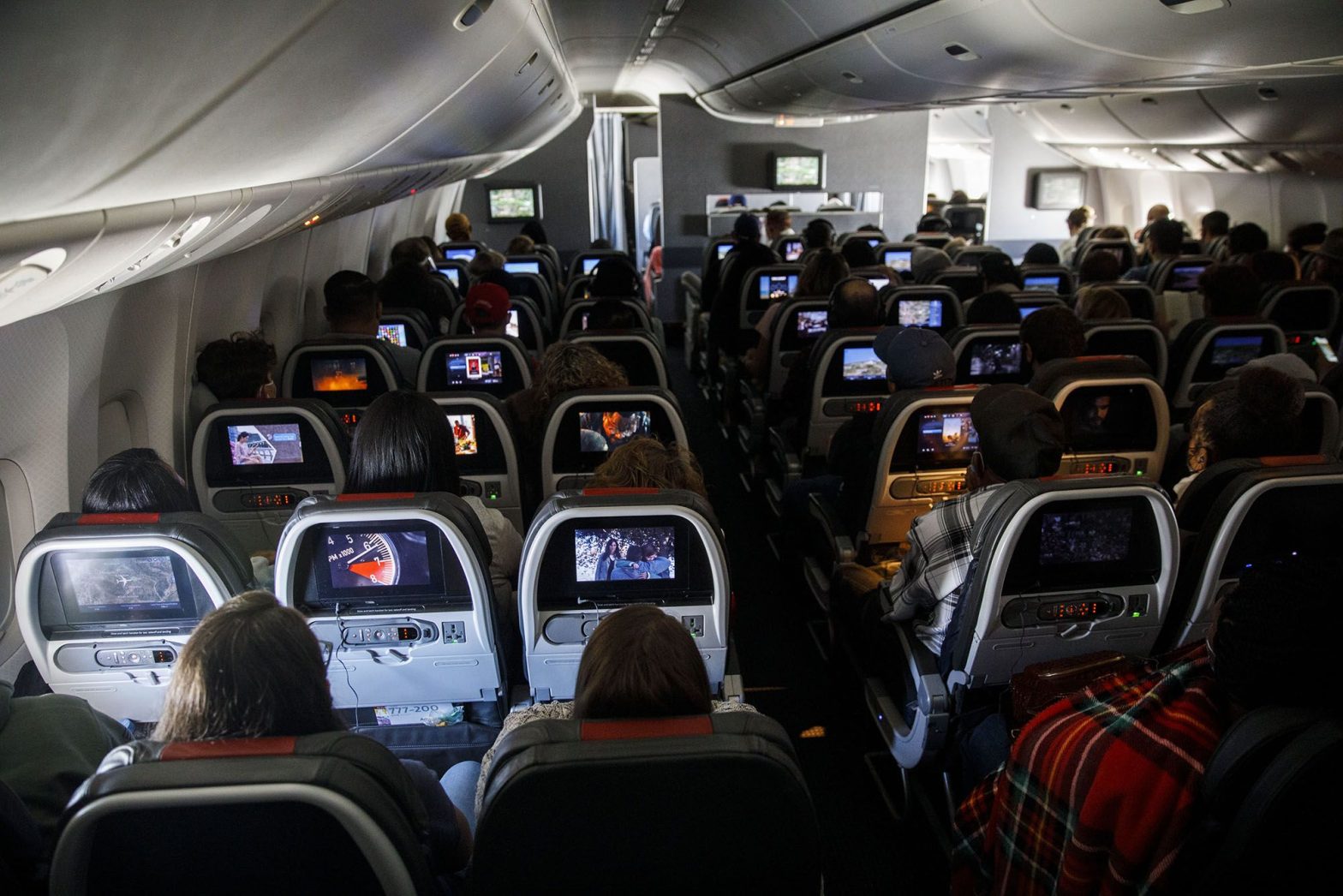How 7 Simple Air Conditioners In Plane Helped Me Succeed
Air travel has become an integral part of our lives, connecting us to far-flung destinations and opportunities. However, not all flights are created equal, and one often encounters variations in the flight experience. While the plane’s make and model can influence your in-flight comfort, one often overlooked aspect that can significantly impact your journey is the quality of Simple Air Conditioners In-Plane on the aircraft. In this article, we’ll delve into how the humble air conditioner in planes played a pivotal role in my journey to success.
The Importance of Comfort in Air Travel
Undoubtedly, the essence of any successful journey lies in comfort. Air travel can be demanding and exhausting, but modern aircraft have taken significant steps to make it a more pleasant experience for passengers. Air conditioners are at the forefront of this effort.
The Role of Air Conditioners in Planes
Air Quality Enhancement
One crucial aspect is air quality. Properly functioning air conditioners help maintain fresh and clean air throughout the cabin, creating a healthier environment. Clean air is essential, especially during long-haul flights, as it reduces the risk of airborne illnesses.
Temperature Control
Maintaining an optimal temperature is equally vital. The cabin temperature can significantly impact passenger comfort. Simple Air Conditioners In-Plane work tirelessly to keep the temperature comfortable, regardless of the weather outside.
Humidity Regulation
Humidity control is also essential. Low humidity levels in the cabin can lead to dehydration, discomfort, and even jet lag. Air conditioners help regulate humidity, ensuring passengers stay adequately hydrated and refreshed throughout the flight.
Airflow and Ventilation
Adequate airflow and ventilation are essential for a pleasant journey. Air conditioners ensure the air is constantly circulating, preventing stuffiness and maintaining a pleasant atmosphere. The right balance of oxygen in the cabin ensures passengers remain alert and focused.
Improved Passenger Experience
Modern air conditioners are designed not only for the practicalities of air travel but also to enhance the overall passenger experience.
Energy Efficiency and Sustainability
As Simple Air Conditioners In-Plane, the aviation industry is striving to minimize its environmental impact. Air conditioners in planes are now more energy-efficient and environmentally friendly, contributing to sustainability efforts. They help conserve energy while providing the utmost comfort.
How do air conditioners work on planes?
Air Intake and Filtration
Air conditioners in planes operate by drawing in external air, which is then filtered to remove contaminants such as dust, pollen, and microorganisms. The filtered air is essential for maintaining good air quality within the cabin, ensuring that passengers breathe clean and healthy air throughout the flight.
Cooling and Pressurization
After filtration, the air is cooled to the desired temperature. This is crucial because at high altitudes, where airplanes spend most of their time, the outside air is frigid. The air conditioning system heats or cools the air to maintain a comfortable cabin temperature. Additionally, the air is pressurized to a breathable level, as the air at cruising altitude is too thin for passengers to breathe comfortably.
Temperature and Humidity Control
Maintaining a comfortable cabin environment is paramount. Air conditioners also control humidity levels, ensuring that the air inside the cabin is neither too dry nor too humid. Proper humidity control contributes to passenger comfort and helps prevent issues like dry skin and respiratory discomfort during long flights.
Impact on Passenger Comfort
The role of air conditioners in planes extends to the overall comfort and well-being of passengers. Maintaining a pleasant temperature and humidity level can alleviate the stress associated with air travel. It also aids in minimizing the effects of jet lag, dehydration, and fatigue, making long journeys more bearable.
Energy Efficiency in Aircraft Cooling
Air conditioning systems on planes are designed to be highly energy-efficient. This is crucial for several reasons, including reducing fuel consumption and environmental impact. Aircraft engines are optimized to work efficiently with the air conditioning system, which contributes to the overall energy efficiency of the flight.
Air Quality and Passenger Safety
The quality of air inside an aircraft cabin is of utmost importance for passenger safety. Air conditioners play a vital role in filtering out contaminants and pathogens, ensuring that the air remains clean and safe to breathe. This becomes particularly significant in preventing the spread of airborne illnesses during flights.
Maintenance and Safety Measures
To ensure that air conditioners in planes function correctly and reliably, regular maintenance and safety measures are crucial. Airlines and maintenance crews follow strict protocols to inspect, maintain, and repair the air conditioning systems. Safety checks and procedures are in place to address any malfunctions promptly.
Future Developments in Aircraft Air Conditioning
Advancements in technology continue to shape the future of aircraft air conditioning. Newer and more efficient systems are being developed to enhance passenger comfort, energy efficiency, and air quality. Innovations like smart climate control and improved filtration systems are on the horizon.
How Air Conditioners Have Helped Me Succeed
Air conditioners in planes have played an integral part in my journey to success.
A Pleasant Work Environment
As someone who frequently travels for work, having a comfortable cabin environment is crucial. Air conditioners create the perfect setting for productivity. With a well-regulated temperature, clean air, and proper humidity, I can focus on my tasks and make the most of my travel time.
Enhanced Productivity
Air conditioners have allowed me to maximize my work hours during flights. Whether it’s preparing for a crucial presentation or finishing up pending reports, the comfort they provide has been instrumental in boosting my productivity.
Reduced Stress
Traveling can be stressful, but a well-conditioned cabin can help ease this tension. It provides a serene environment, reducing travel-related stress, and making the journey more enjoyable.
Conclusion: Embracing the Comfort of Air Conditioners
The presence of air conditioners in planes is often taken for granted, but their significance in Simple Air Conditioners In planes cannot be overstated. They play a crucial role in creating a comfortable and healthy cabin environment, ultimately contributing to the success of passengers like me. Air conditioners have not only enhanced my journey but have been vital in my personal and professional success.
FAQs
Do all planes have air conditioners?
Yes, nearly all modern commercial planes are equipped with air conditioning systems to ensure passenger comfort.
Can the cabin temperature be adjusted individually?
Generally, the cabin temperature is centrally regulated, but passengers can request adjustments from the flight attendants.
How do air conditioners improve air quality in planes?
Air conditioners filter and circulate the air, removing impurities and maintaining a fresh and clean cabin environment.
Are air conditioners in planes energy-efficient?
Yes, modern air conditioners in planes are designed to be energy-efficient to minimize their environmental impact.
Can air conditioners in planes help reduce jet lag?
While they cannot eliminate jet lag, air conditioners contribute to passenger comfort and hydration, which can help alleviate some jet lag symptoms.














